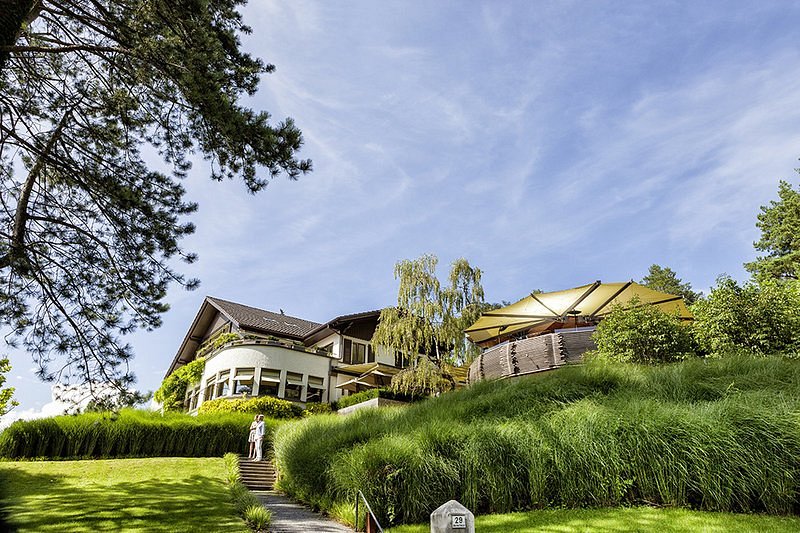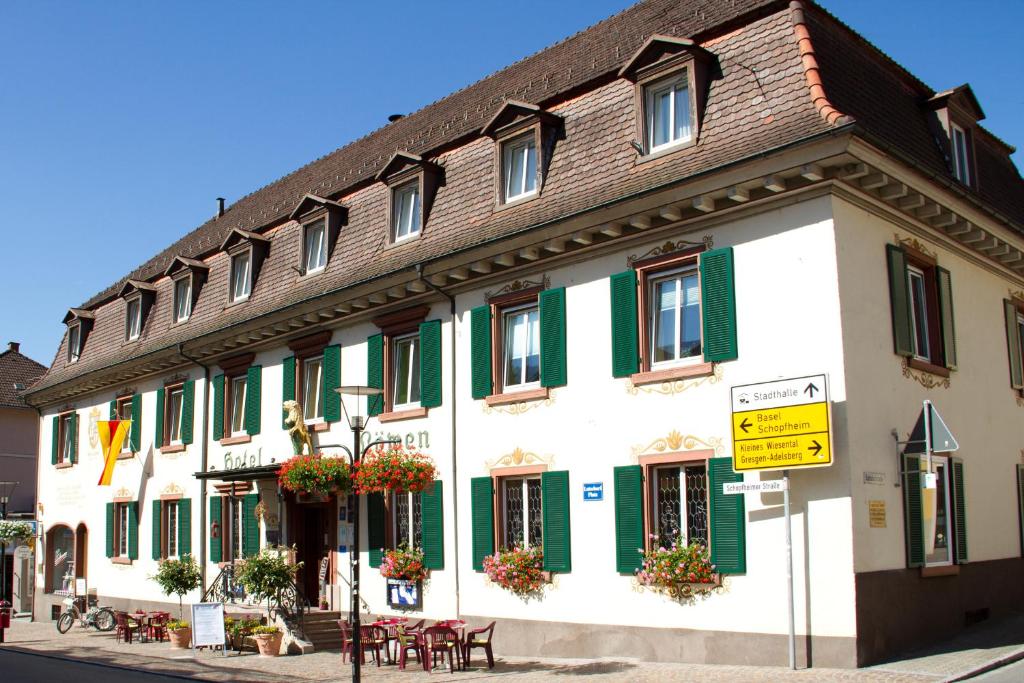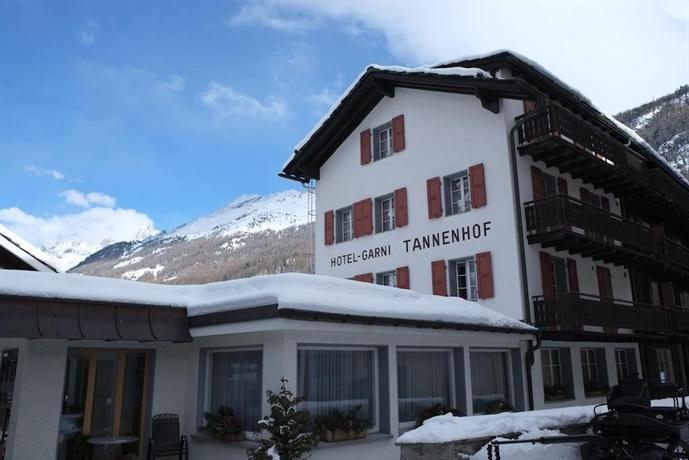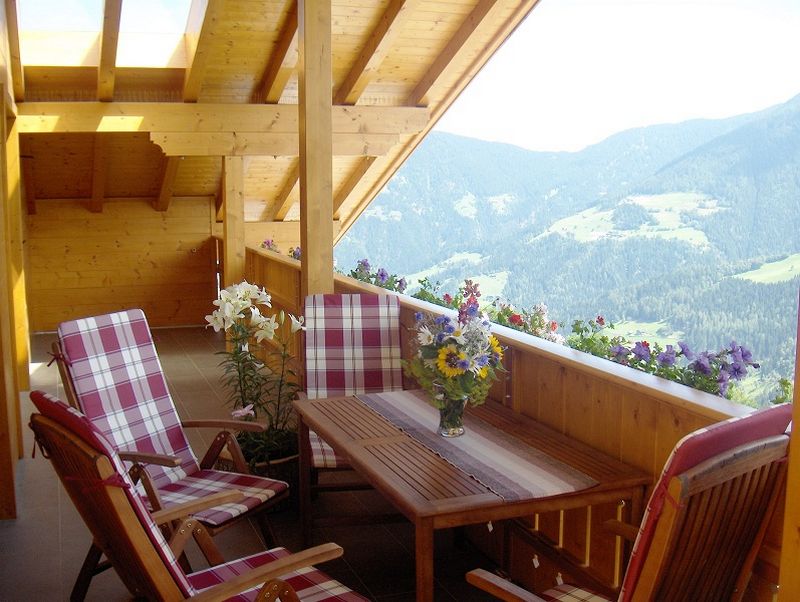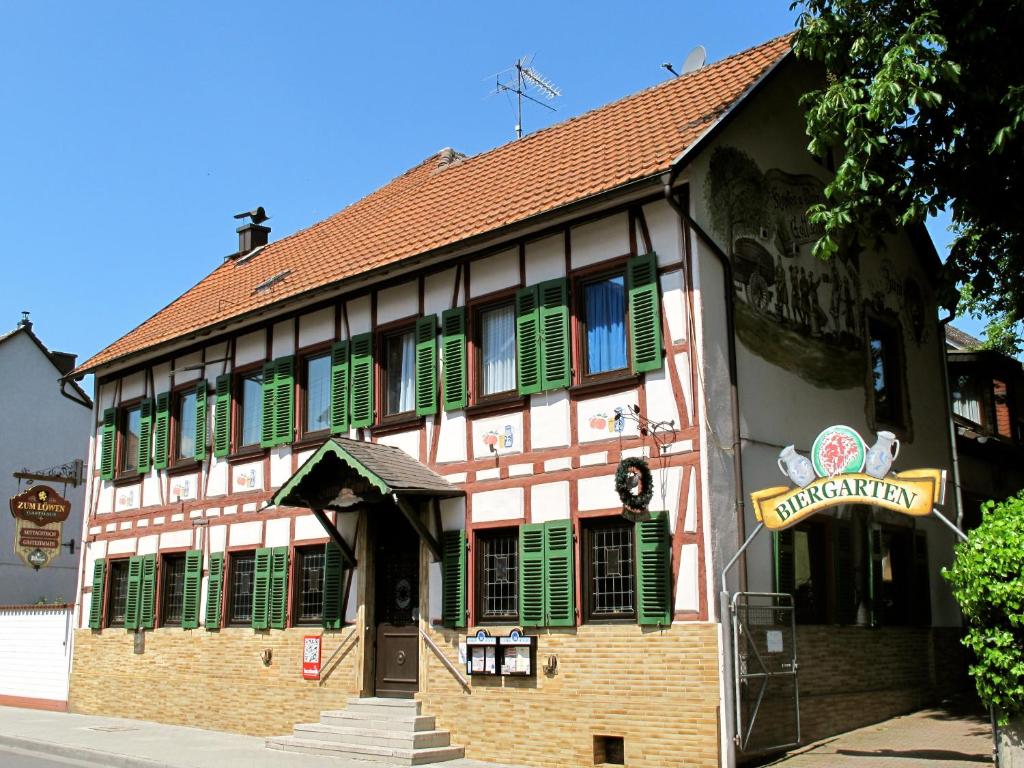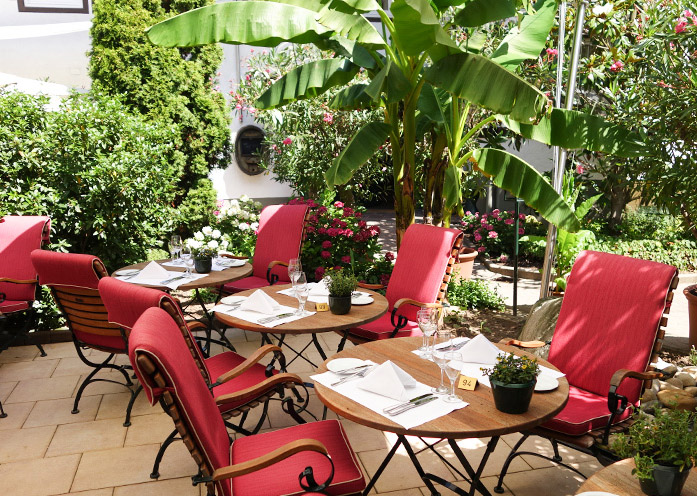Entry Into Confederation
CAPITAL AND LARGEST CITY
Vaduz
AREA
158 km2
POPULATION (2019)
39,039
official language
German


Popular
Information about the canton's tourist attractions, including popular destinations, events, and activities.
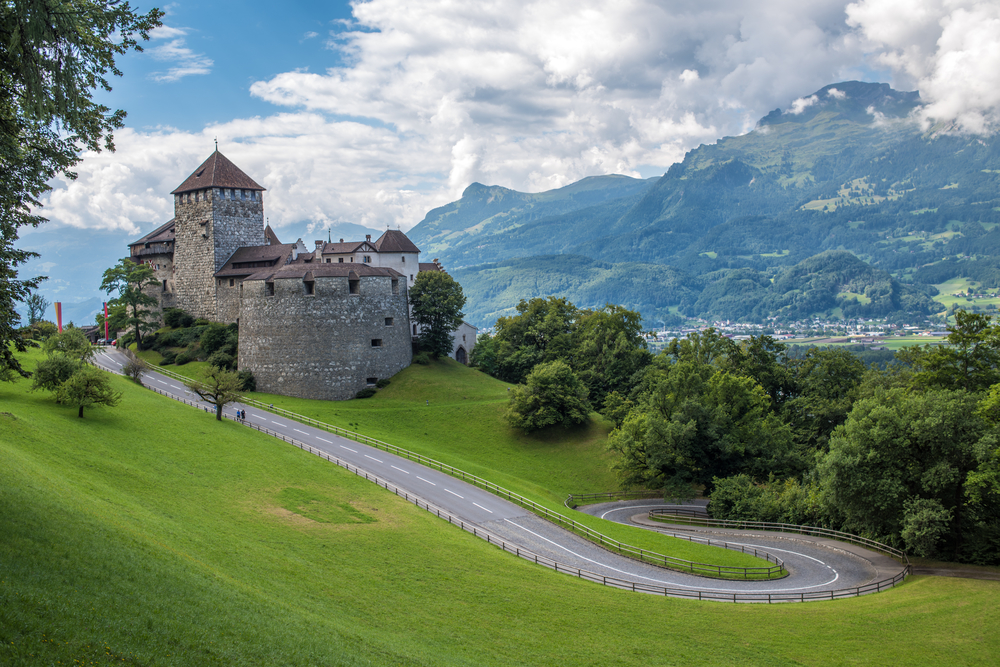
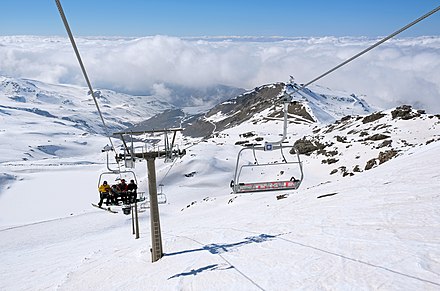
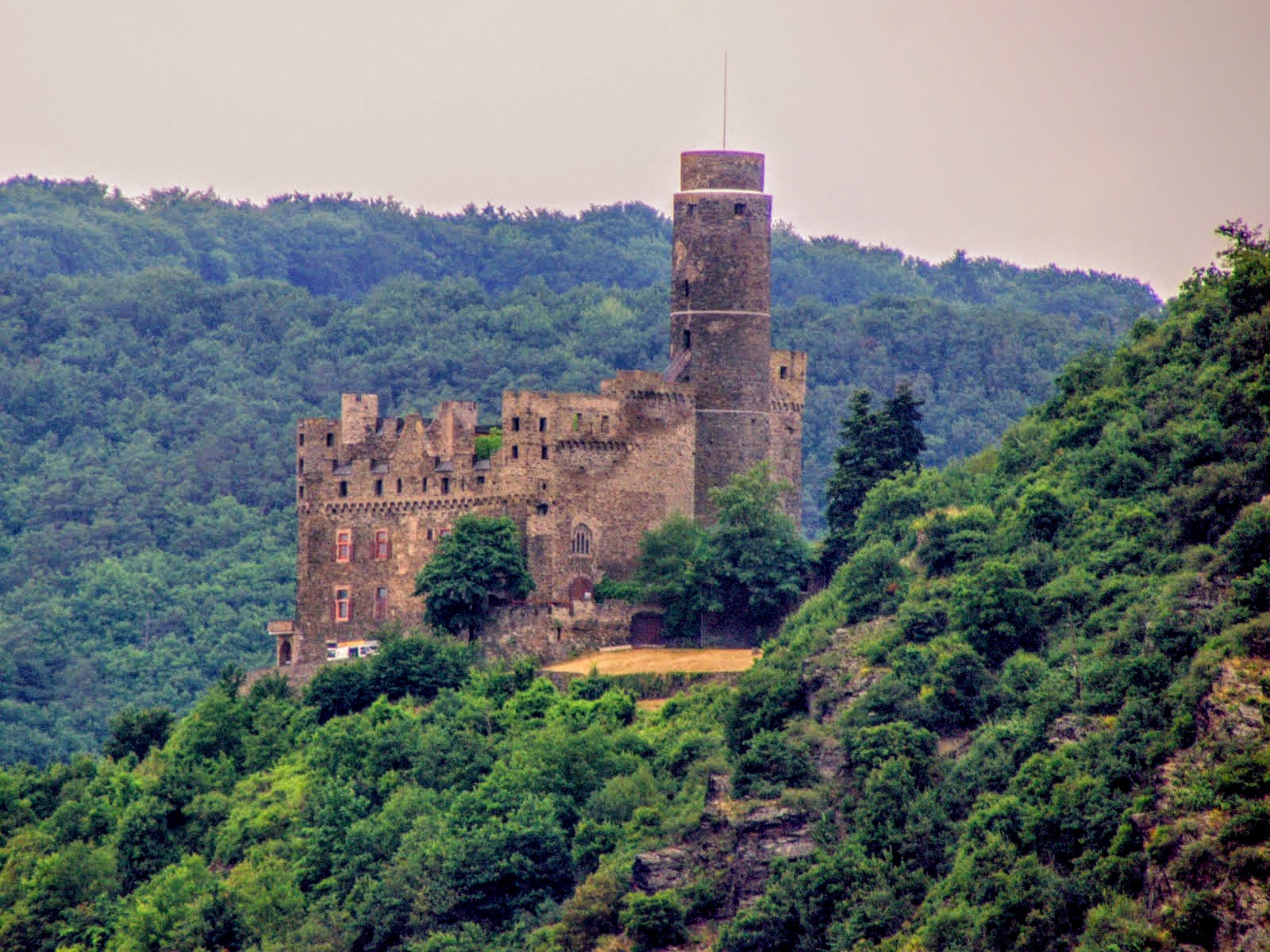
Political
Liechtenstein is a tiny but prosperous country located in Europe. It has a strong economy, which is primarily based on finance, tourism, and manufacturing. The banking sector is the largest contributor to the economy, with numerous international banks having a presence in the country. Liechtenstein is also home to a thriving tourist industry, which is driven by its stunning natural beauty, rich cultural heritage, and high-end shopping opportunities.
The government of Liechtenstein is a constitutional monarchy with a parliamentary system. The prince of Liechtenstein serves as the head of state, while the government is run by a prime minister and a cabinet. The country has a small and efficient bureaucracy, which allows for quick and efficient decision-making.
The country has a highly developed infrastructure, including a modern transportation system, high-speed internet access, and a well-educated workforce. Liechtenstein is known for its low tax rates and favorable business climate, which has made it a popular destination for international companies looking to establish a presence in Europe.
In conclusion, Liechtenstein is a small but prosperous country with a strong economy and efficient government. Its combination of a favorable business climate, high-quality infrastructure, and stunning natural beauty make it an attractive destination for both tourists and businesses.
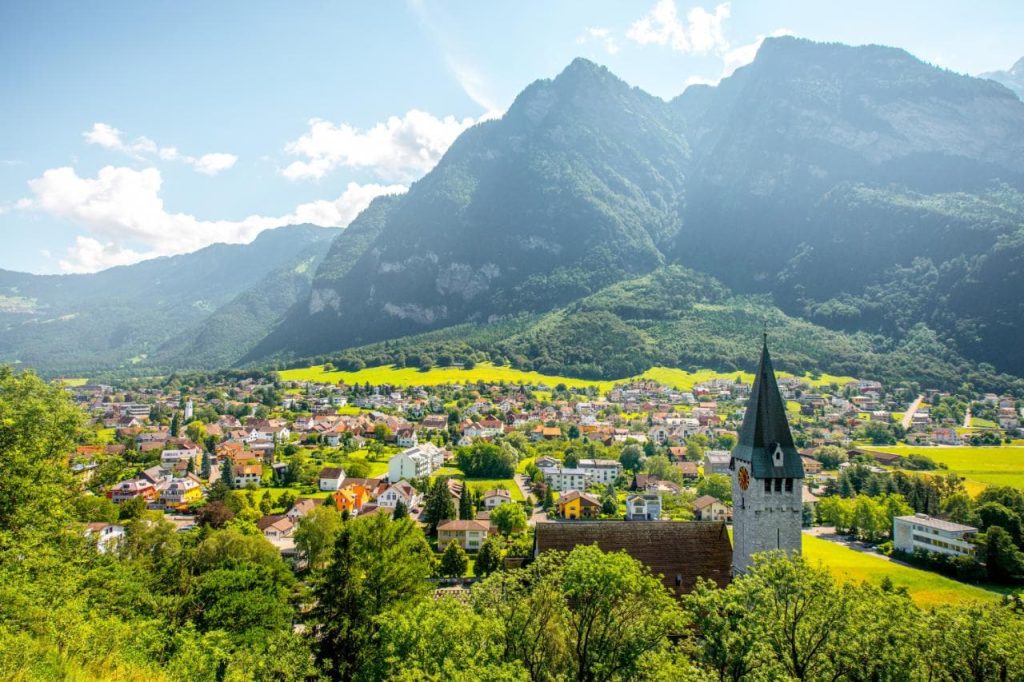
History
The history of Liechtenstein dates back to the Middle Ages, when the area was part of the Holy Roman Empire. The country became a principality in 1719 and was part of the German Confederation from 1815 to 1866. During World War I, Liechtenstein declared neutrality and managed to remain independent despite being surrounded by countries at war.
The culture of Liechtenstein is a mix of Swiss and Austrian influences. The country is known for its rich musical traditions, including classical and folk music, and has a strong commitment to preserving its cultural heritage. The capital city of Vaduz is home to numerous museums and cultural institutions, including the Liechtenstein National Museum and the Kunstmuseum Liechtenstein, which showcase the country's art and history.
The people of Liechtenstein are proud of their heritage and traditions, and the country is known for its friendly and welcoming culture. In recent years, Liechtenstein has become a popular tourist destination, attracting visitors with its stunning natural beauty, rich cultural heritage, and high-end shopping opportunities.
In conclusion, Liechtenstein has a rich and interesting history, and its culture is a blend of Swiss and Austrian influences. The country is proud of its heritage and traditions, and is known for its friendly and welcoming culture, making it an attractive destination for visitors from around the world.
